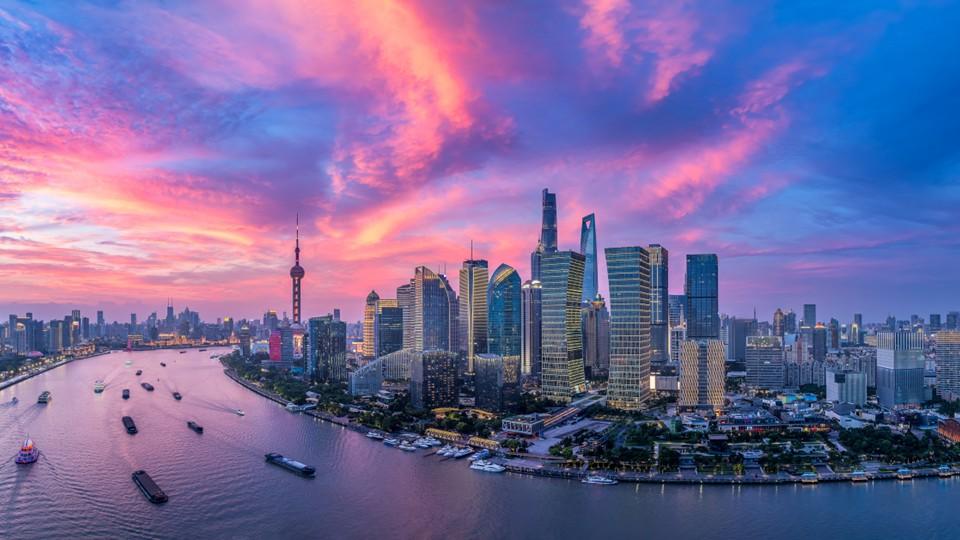Merck KGaA signs China digital health deal with Tencent

Germany’s Merck KGaA has signed a collaboration with Tencent to develop digital healthcare services in China.
Darmstadt-based Merck’s strategic tie-up with the China-based multinational tech company will initially focus on increasing public disease awareness and providing more accessible health services via digital platforms.
China is of huge interest to big pharma as its healthcare system develops, after a period of economic expansion during a transition to a more capitalist economy over the last few decades.
AstraZeneca is one of the companies that is aiming to build its presence in China through digital health-based initiatives, while Novo Nordisk and rival Sanofi see it as a lucrative market for diabetes medicines.
German Merck said it plans to combine its scientific expertise with Tencent’s technology in the fields of internet and artificial intelligence.
The collaboration, based around “intelligent digital health services” will also provide patients with more convenient and smarter medical services, helping to better manage chronic diseases.
Focus areas include treatment areas of Merck KGaA’s China healthcare business – in allergies the companies will aim to increase awareness of symptoms and encourage adherence to treatments.
In infertility, the collaboration will work to inform patients of their treatment options and help patients shorten the period of medical treatment.
They will also focus on diabetes, thyroid disorders and cardiovascular diseases, as well as oncology including metastatic colorectal cancer.
In the future the firms will continue to extend the scope of collaboration to other areas such as exploring the use of innovative medical service models based on “A.I. doctors” to provide more comprehensive disease awareness education and treatment services for mCRC and other diseases.
In an interview with CNBC at this week's Davos World Economic Forum, Merck KGaA’s CEO Stefan Oschman said that he is “absolutely certain” that a pharma company ranked among the 50 largest in the world will arise in China.
He said that improved intellectual property protection, and reforms from the country’s drugs regulator to make it faster at approving new medicines, will drive development of the country’s pharma industry.
Oschman said: “This is a mixed blessing. On the one hand, it means more competition, on the other hand, there's a lot of business opportunity for us.”













